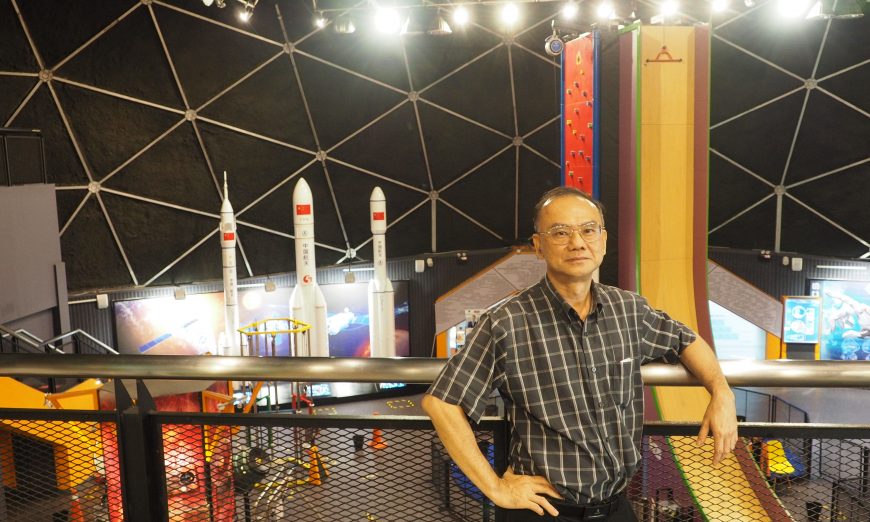THOUSANDS of people, especially students, have visited Tech Dome Penang (TDP) since it was officially opened on July 16, 2016.
The visits to the science discovery centre in Komtar, the first of its kind in Penang and Malaysia, are seasonal. During its low months like January and February, it can draw between 2,000 and 4,000 visitors per month and during its peak months like November and December, it can pull in between 12,000 and 15,000.
TDP’s primary mission is to promote and develop interest in STEM (science, technology, engineering and mathematics) among the youth and students. It plays an important role to inspire, educate and show that science is fun.
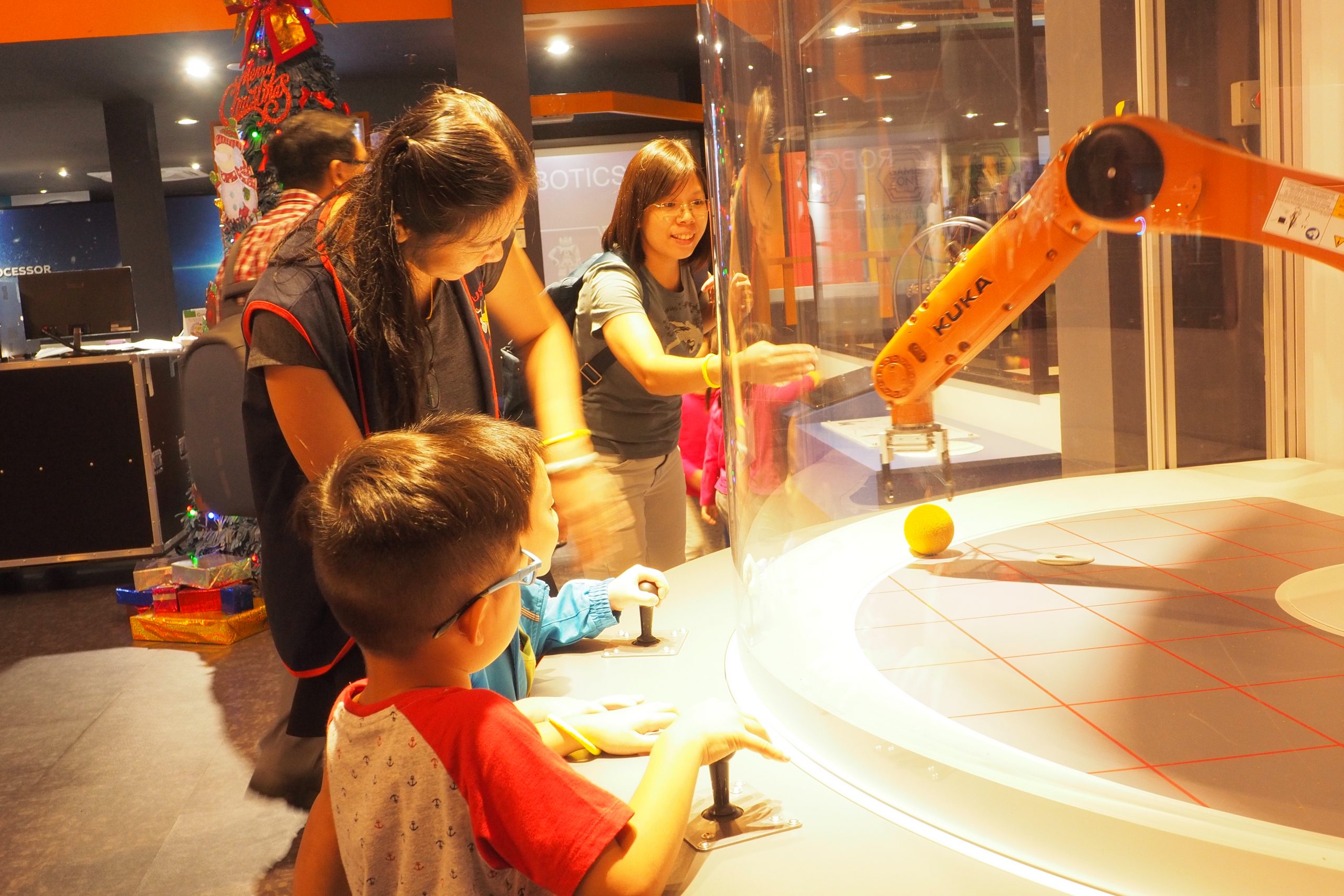
STEM advances rapidly today and Penang’s and Malaysia’s well being depends on us being able to tap into those advances. With about only 20% of students enrolled in science stream in our schools, this does not bode well for our future. TDP’s mission to develop interest in science therefore is important in this light.
2020 is a year that TDP chief executive officer Dr Khong Yoon Loong was looking forward to be one of its best years but the Covid-19 pandemic has turned everything upside down.
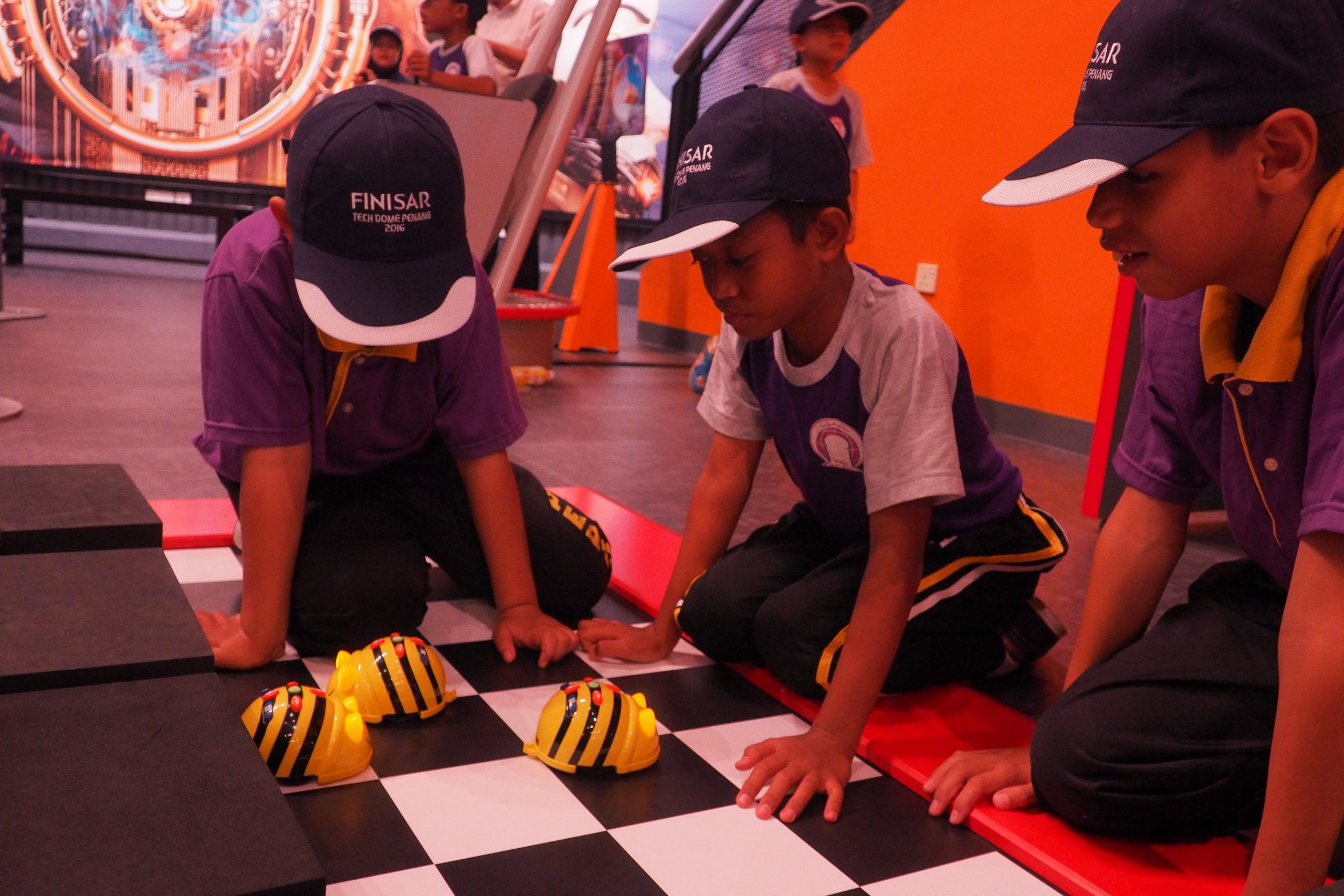
“We simply could not do anything during the movement control order (MCO) from March. We could not visit the schools to run programmes nor could they come over to Tech Dome Penang for our workshops and events,” Dr Khong said in a recent interview with Buletin Mutiara.
“A big portion of our income is actually though sponsorships for our programmes with schools and the public. And since we cannot engage schools and the public, there is little we can approach the sponsors with. In any case, many of our sponsors are also facing downturns due to Covid.”
“The number of visitors has fallen by 90 percent since we reopened on July 15. Right now, we are uncertain of what is going to happen next year.”
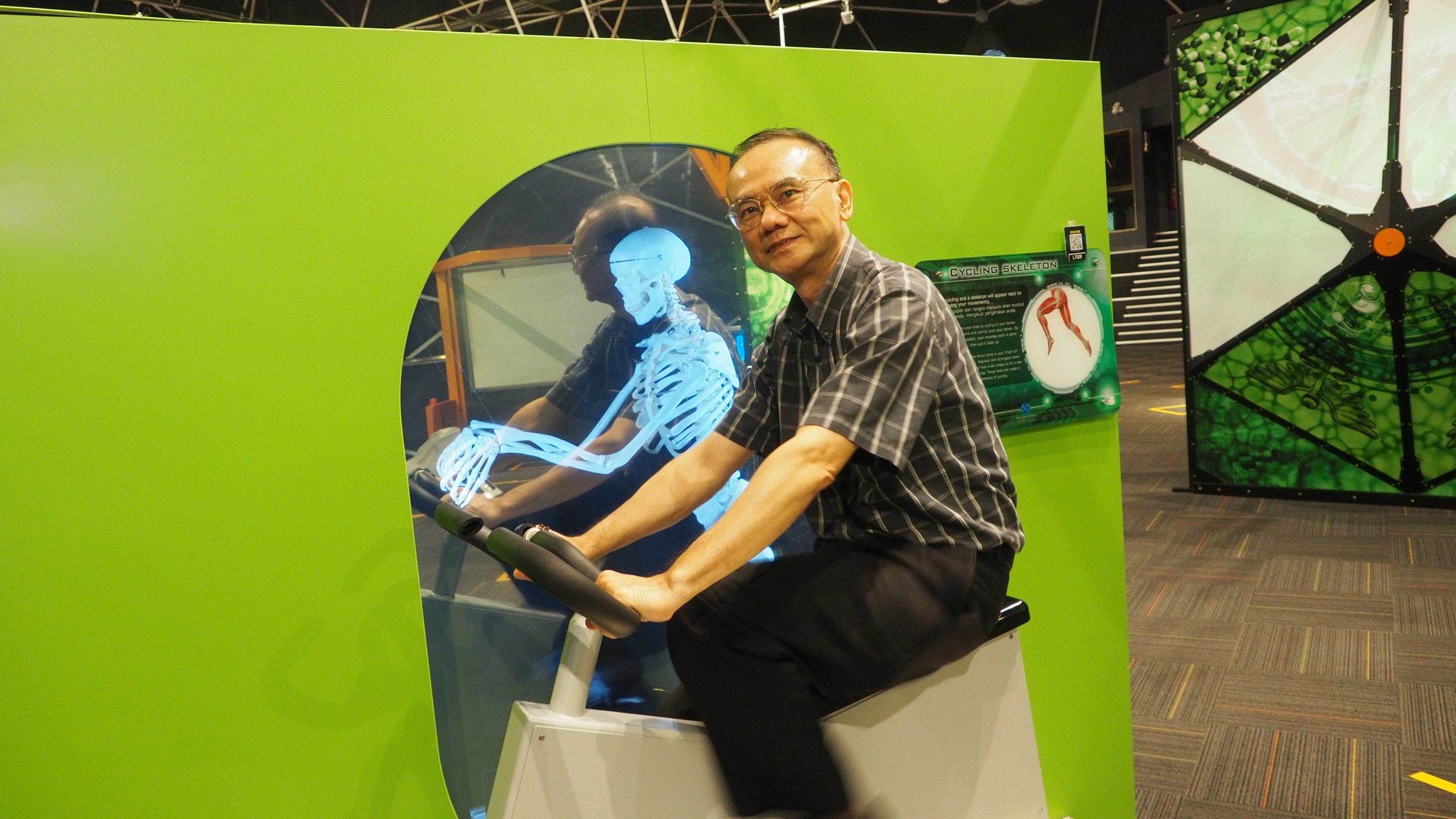
As the CEO, Dr Khong’s first concern is the finances. In order not to lay off any of his 23 full-time and part-time staff members, he himself had gone without pay for three months while those who earn more than RM4,000 had taken a 25% pay cut for three months.
TDP then took up the Prihatin package offered by the Federal Government in May. Under the salary subsidy scheme for employees earning RM4,000 and below, companies with less than 75 employees were offered RM1,200 for each employee for three months. However, the companies must retain these employees for at least six months.
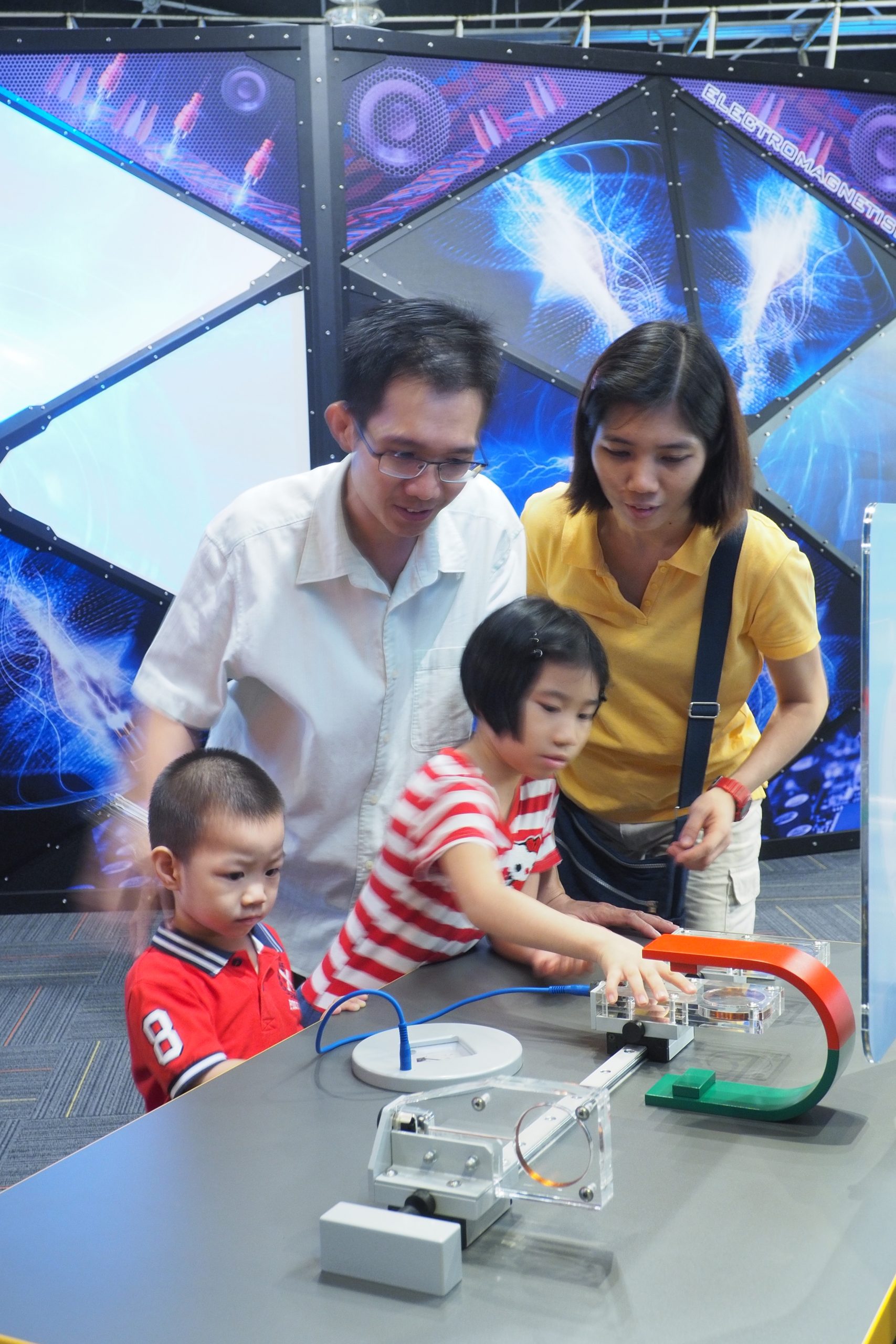
Dr Khong said he was grateful to the Penang state government for recently approving TDP’s application for an allocation of RM200,000. The amount, he said, would help cover their November and December salaries, saving every employee from having to take a 50% pay cut during those months on top of the planned cuts in the previous months.
In addition to that, he said the state government had contributed RM450,000 in 2018 and a similar amount in 2019 to TDP i.e. about 12% of its overall annual budget.
For next year, TDP looks forward to financial backing from the state government to keep it going as all its cash reserve accumulated from previous years would be exhausted by January 2021.
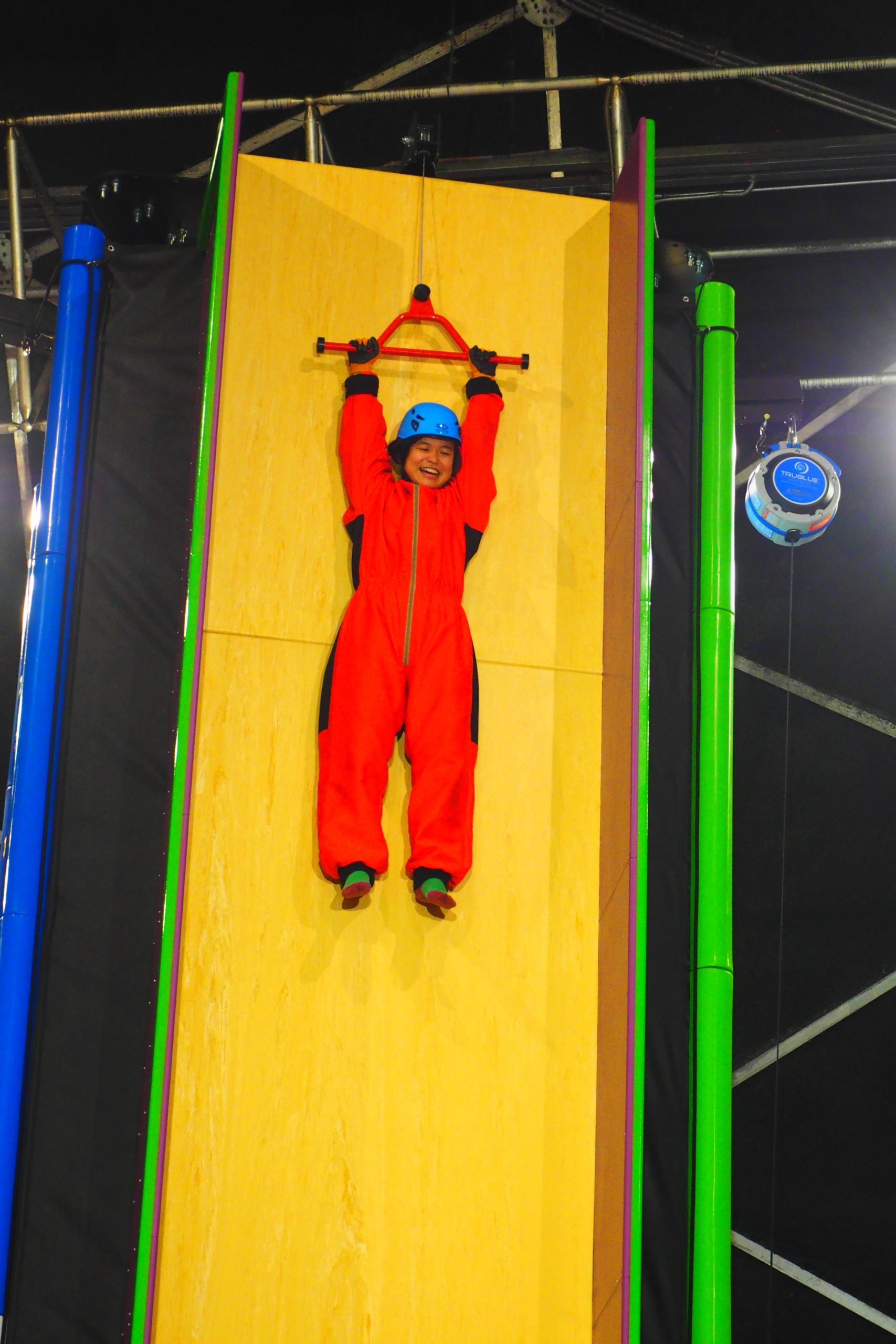
“Our financial model is different compared to some government agencies. We sustained ourselves financially mainly through our own initiatives. So, I spend quite a lot of time figuring out how to generate revenue to sustain and grow TDP,” added Dr Khong, who wished he has more time to promote STEM.
He said admission ticket sales contributed 30 to 40% to their income while the rest of the revenue came mainly from running programmes for schools, organising overseas student exchange programmes, organising team building programmes and workshops and special projects to develop science centers and exhibits.
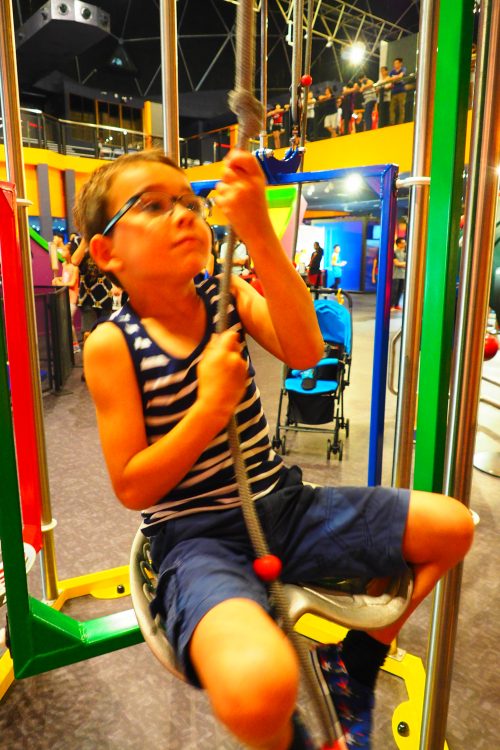
For instance, in 2019, TDP successfully ran the ESTECC (Energy, Science & Technology, Environment and Climate Change) Education in schools programme for 145,000 students from upper primary to lower secondary from 400 schools either in house or through outreach work.
This was funded by the then Ministry of Energy, Science, Technology, Environment and Climate Change (MESTECC). Based on its success in 2019, this year MOSTI (Ministry of Science Technology & Innovation) has invited Tech Dome to run this programme again. But Covid put a stop to this.
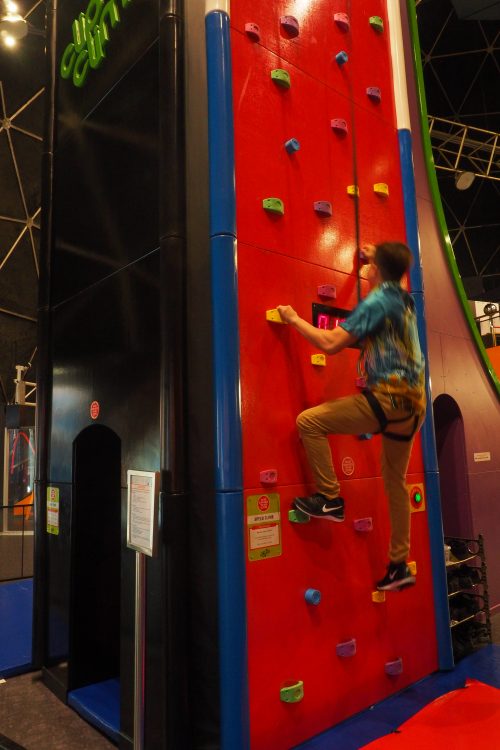
In 2018, TDP set up a new Space Exploration Gallery in one section of its 32,000sq ft geodesic dome with contributions from the state government and the China Science and Technology Museum (CSTM), Beijing.
The most noticeable exhibits there are four Long March rocket models donated by China Science and Technology Museum.
This successful collaboration with CSTM has brought TDP to the attention of the China Association of Natural Science Museums (CANSM). TDP was honoured to be invited to present papers in Beijing and Tianjian in 2019 at the BRISMIS (Belt Road Initiative Science Museums International Symposium) and World Scientific Literacy Conference.
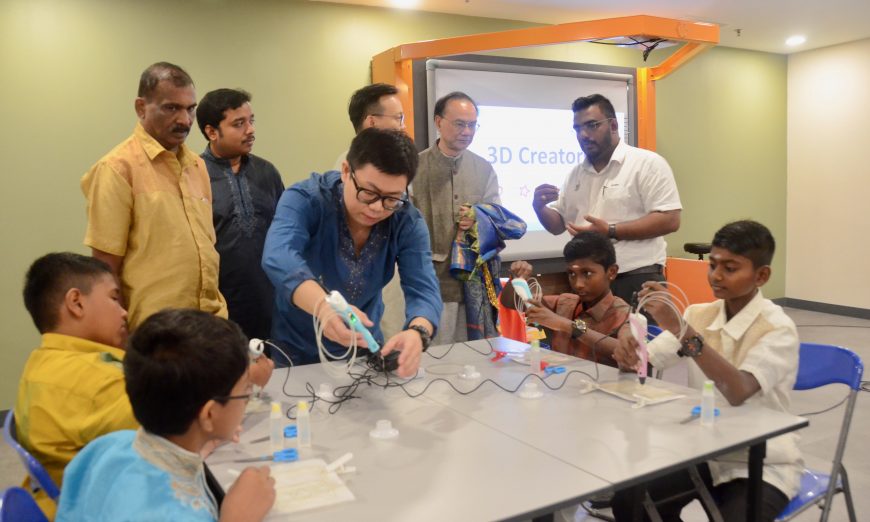
TDP also collaborated with AEON (M) Bhd to set up a Mini Science and Discovery Centre at their largest mall in Nilai, Negri Sembilan as their CRS project.
It has also worked with many other partners in many of their programmes for e.g., the Japanese Technology Weekend, Food, Art, Science and Technology symposium, the Mental Health series with Kiwanis Penang Central, Early Childhood and Care Education (ECCE) for their National ECCE week, UBTech, a top 10 global robotics company, Dengue Symposium, and Nolato EMC Production Centre on the Faraday Cage exhibit, their yearly fund-raiser Glo-Walk among many others.
Over the last three years, TDP welcomed 500 overseas students mainly from Thailand and Taiwan to Penang for their student exchange programmes and at the same time helped arrange reciprocal visits for 120 local students to Bangkok, Taipei, Kaohsiung and Guang Dong through collaborations with the science centers there.
This initiative also helps the state’s economy through education tourism. TDP was expecting to grow this programme through the years. This year and 2021, TDP was planning to expand this programme with students from China, India and Vietnam but this initiative has evaporated for now following the coronavirus outbreak.
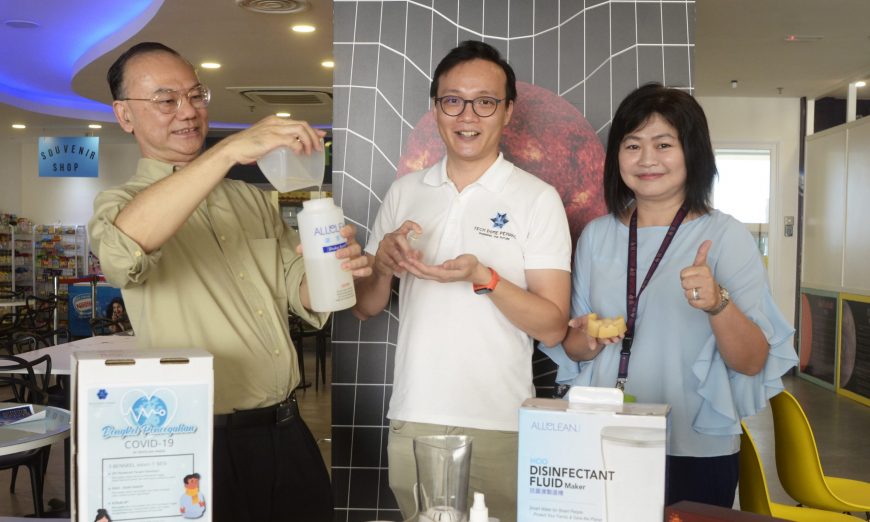
Even before it became a pandemic, Dr Khong said TDP foresaw the potential seriousness of the disease and had started to teach students of some schools how to make hand sanitisers and personal hygiene practices related to Covid days before the MCO was in place.
During the MCO, TDP conducted online programmes, called Science@Home and Science Stream, for kids and the public respectively.
For the 15 Science Stream programmes produced during the MCO period, they had featured two specialists from China – Dr Gu Li from the Department of Infectious Disease and Clinical Microbiology Director at Beijing Chaoyang Hospital and Dr Zhang Zhi Chen from the Emergency Stroke Centre of Beijing University of Chinese medicine – to talk about China’s experience on how they managed Covid-19.
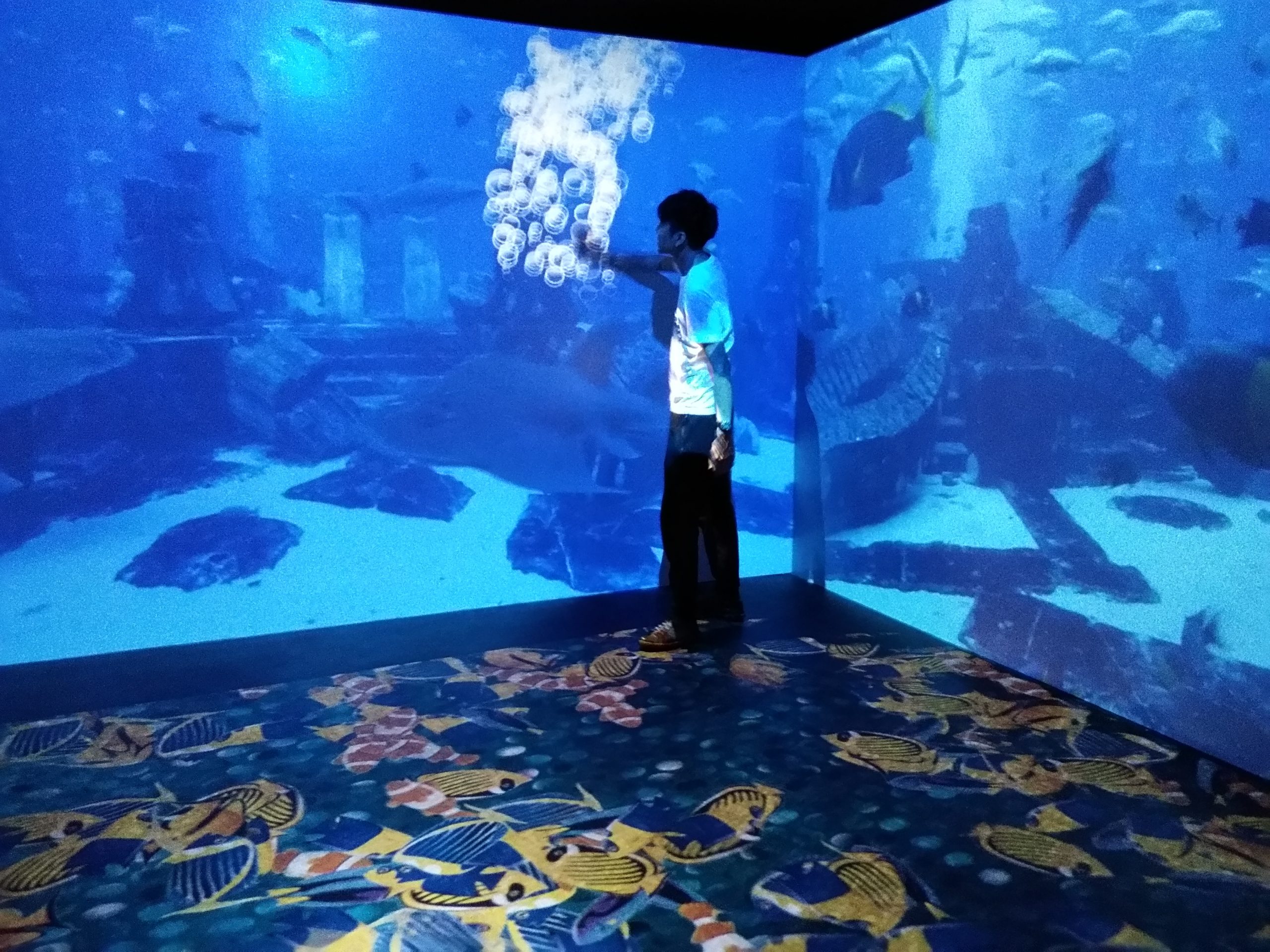
On other occasions, PGCare chief executive officer Praburaajan Selvarajan was invited to talk about Covid-19 tracing in Penang and University of Malaya Medical Centre anaesthesiologist Dr Kevin Ng Wei Shan was invited to talk about his experience in coming face to face with ICU Covid-19 patients.
Although TDP is less than five years old, it is recognised internationally. Dr Khong himself has been invited to give talks in China, Taiwan and Australia. Other staff were invited for specialist training programmes on how to conduct science workshop in Beijing under auspices of CANSM.
TDP’s education and exhibits manager Sean Lee Kuan Shern has been awarded the ASPAC Fellowship in Brisbane, Australia in 2019 and Taipei in 2018.
TDP was also invited to be part of the People and Planet Alliance, a consortium of about 40 science centers globally headed by the Natural History Museum, London.
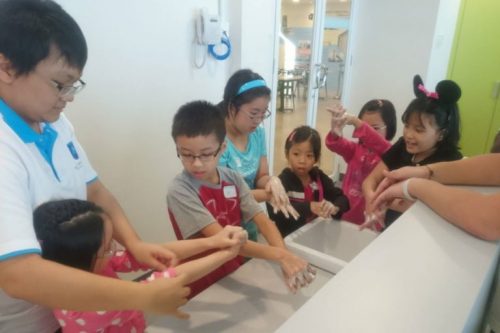
Dr Khong said they are now working on a few projects, including holding a robotic online programme in November.
TDP is also working in collaboration with Penang STEM 4.0 to develop most of the contents for the latter’s ‘StepUp’ initiative.
In its attempt to fulfil its mission, to inspire children and students to love science and technology, TDP organises hundreds of workshops and other events for schools and the public every year.
It is hoped that its effort will, at some point, help to reverse the trend of declining interest in STEM among or youths. This being a concern of the Penang government.
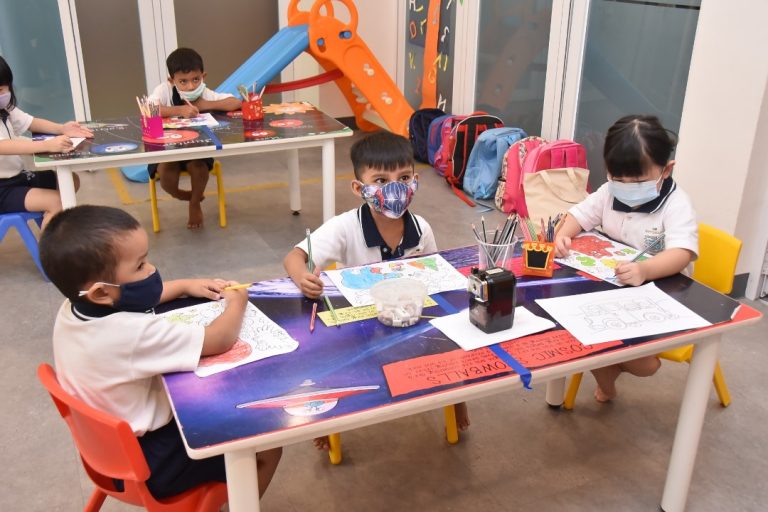
Just recently, TDP and Whytehouse Education Group partnered to set up a STEM kindergarten at Tech Dome Penang to provide quality pre-school education. It will be unique in that it will incorporate STEM programme to develop a scientific mind from a young age besides giving them a good academic head start. This is the first kindergarten in a science center in Malaysia.
The breadth of what TDP has achieved in its few short years since its inception was beyond the imagination of the initial concept of a science center with just exhibits for visitors and some education programmes.
Four years on with an engagement rate of over 600,000 visitors and students, international recognition, scores of STEM events, a player in edu-tourism and other accolades, TDP has indeed been a worthwhile investment by the Penang state government in the preparation of a STEM future for its young.
Story by K.H. Ong
Pix by Chan Kok Kuan and courtesy of Tech Dome Penang

